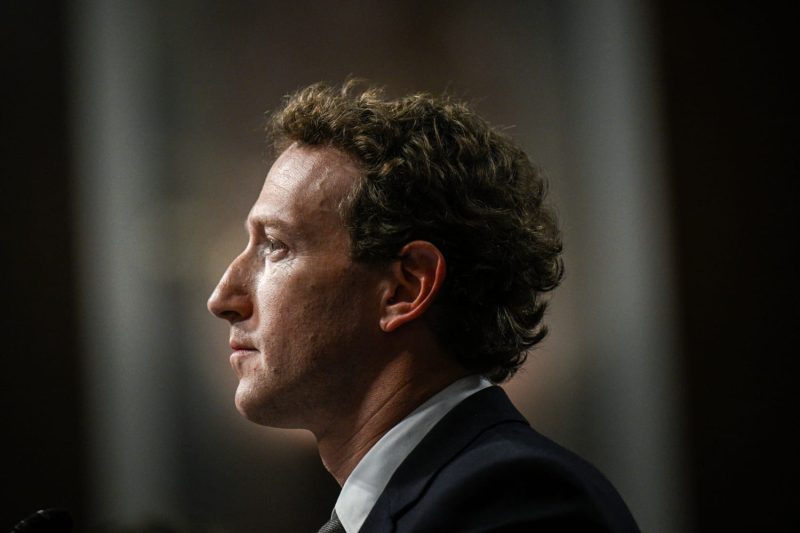With illicit drug ads proliferating on social media platforms, lawmakers are now raising questions about the role of big tech in propagating these illegal activities. Most recently, Facebook and its subsidiary Instagram, are in the hot seat, with legislators asking CEO Mark Zuckerberg to reveal the measures being taken to combat these nefarious activities.
It was outlined in a joint letter that lawmakers have asked Zuckerberg to provide details on what policies and protocols are in place within the two mammoth social platforms to combat this growing issue. They specifically focussed on ads that promote unapproved drugs, including opioids, mentioning a surge in such advertisements and raising concerns about social media’s role in perpetuating the ongoing opioid crisis.
A significant concern raised by the legislators is the potential ease for advertisers to exploit Facebook and Instagram’s platforms to profit from illegal drug sales. They pointed out that this is not just a violation of company rules, but of federal and international law. Despite assurances by Zuckerberg in previous testimonies about the platforms’ capacity and responsibility to block such content, the skepticism raised in the letter suggests that this issue is far from resolved.
The lawmakers further highlighted the inherent risks these types of ads can pose to public health and safety. With millions of users – including impressionable underage audiences – regularly active on these platforms, the advertisement and potential sale of dangerous drugs can lead to serious harm.
In line with this request, Zuckerberg was asked to reveal the efforts that both Facebook and Instagram are employing in both detecting and eliminating these illegal ads. They requested details about the technology and human review protocols being used, how effective these methods have proved so far, and the strategies implemented to fix any identified gaps.
The inquiry also zoomed in on the role of algorithms in both detecting and serving these ads. Algorithms are at the heart of Facebook and Instagram’s platform, shaping what content is shown to users based on their interests and behavior. It has been insinuated that these same algorithms could inadvertently be helping to spread these illegal ads more widely.
Moreover, the lawmakers scrutinized the company’s reporting methods for suspicious ads. They sought to understand how easy it is for users to report these ads and what happens once a report has been made.
Legislature members also touched upon the topic of accountability. They requested information on what repercussions would be faced by those that violate the platform’s guidelines by posting and propagating these illicit drug ads, and what efforts are being made to cooperate with law enforcement authorities in such instances.
The initiative taken by lawmakers symbolizes a broader effort to hold social media companies accountable for the content proliferated on their platforms. It is a significant step towards recognizing the role of these digital platforms in communities and the real-world consequences that can arise from unchecked content.
In conclusion, lawmakers have made a passionate plea to Zuckerberg to take more action against the propagation of illegal drug ads on Facebook and Instagram. They have called on him to disclose the firm’s methodology in addressing this issue, marking yet another chapter in the clash between big tech and regulators. It is a plea rooted in concerns for public safety and a desire to uphold the respect and responsibility expected from these tech giants. With their vast reach and influence, the onus lies on these platforms to combat harmful content and present a solution to the illicit drug ads problem.




